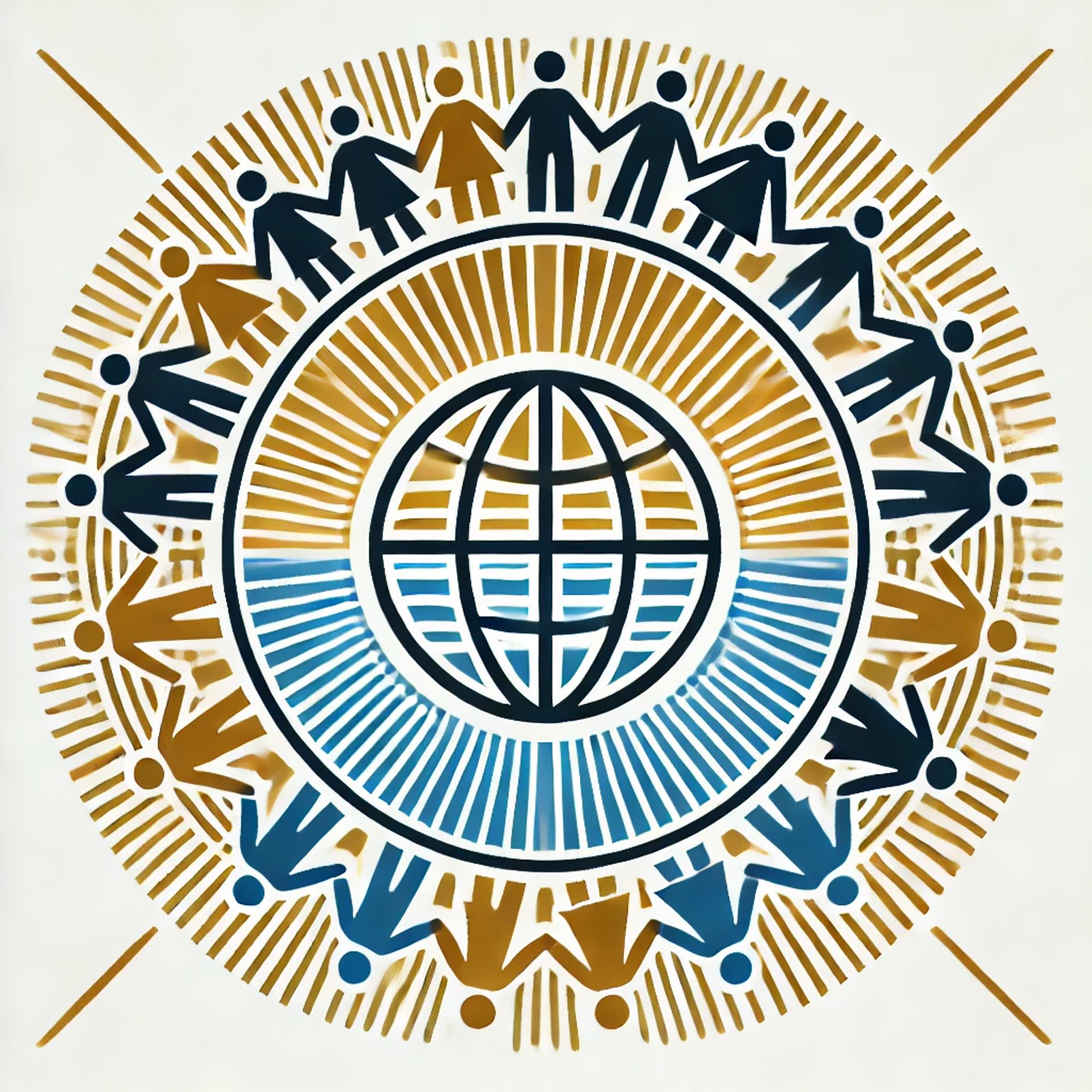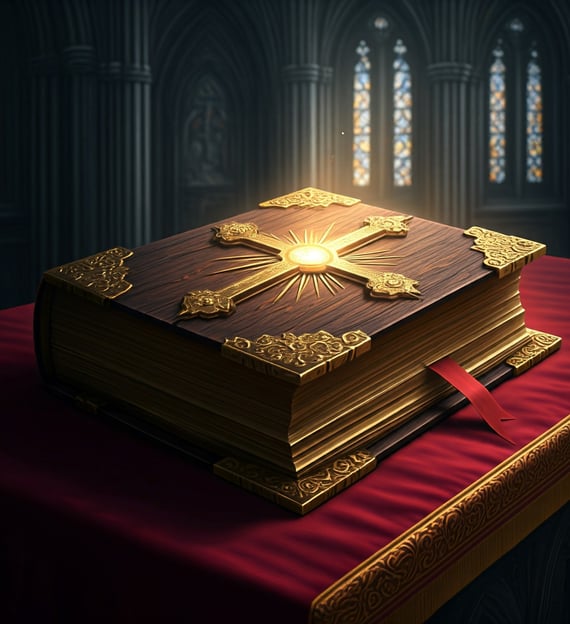


Iran Renaissance: Making the World Safe through Democracy
Iran Renaissance is a cultural revolution that draws from historical lessons to create a new future for Iran and, by extension, the world. Throughout history, world wars have led to regime changes in Iran, driven by external powers seeking to influence the nation’s path. The Freemasons played a role in bringing the Pahlavi dynasty to modernize Iran, and the ongoing Iran-Israel conflict has contributed to global instability, undermining peace.
By examining these critical moments in history and recognizing the power of media and philosophy, the Iran Renaissance proposes an online referendum. If 75% of Iranians choose to reject the state religion, the world will hear their call for support. This will be achieved through international military backing—without the need for war—to peacefully guide Iran through a long-term transformation.
The goal of this movement is not just regime change, but a shift in global consciousness. Power holders will engage in a new, enlightened dimension, and philosophers, led by the founder of this movement, will leave a legacy centered on the importance of reflection and rationality. The Iran Renaissance seeks to create a future based on peace, freedom, and democracy, contributing to global security and harmony.
This decree not only demonstrated Cyrus’s respect for the Jewish faith but also positioned him as a divinely inspired leader in Jewish tradition. The Book of Isaiah even refers to Cyrus as the "anointed one" (Isaiah 45:1), a title traditionally reserved for kings of Israel, underscoring his unique role in Jewish history.
Torah and Historical Context
The Torah does not directly mention Cyrus, but Jewish oral traditions and later texts uphold his significance as a liberator and protector of the Jewish people. His decree to rebuild the temple in Jerusalem is seen as a divine intervention that shaped Jewish destiny.
Archaeological Evidence: The Cyrus Cylinder
The Cyrus Cylinder, discovered in 1879, provides additional validation of Cyrus’s policies of tolerance. While it does not specifically mention the Jewish people, it outlines his general approach to restoring religious practices and returning displaced peoples to their homelands. This artifact is often hailed as the first charter of human rights, reinforcing Cyrus’s reputation as a just and enlightened ruler.
“I returned to these sacred cities on the other side of the Tigris... the sanctuaries of which have been in ruins for a long time... and established for them permanent sanctuaries. I also gathered all their former inhabitants and returned them to their habitations.” (Cyrus Cylinder)
A Turning Point in Jewish History
The return to Jerusalem and the rebuilding of the Second Temple under Cyrus’s decree marked a pivotal moment in Jewish history. It symbolized the restoration of their cultural and religious identity after decades of exile and solidified the bond between the Jewish people and the Persian Empire.
Cyrus's Divine Calling
Decree of Jewish Liberation
Cyrus the Great, founder of the Achaemenid Empire, stands as one of history’s most admired leaders for his remarkable policy of tolerance and respect for diverse cultures and religions. His actions left a lasting legacy, especially in his relationship with the Jewish people.
Biblical Account
The Jewish connection to Cyrus is vividly recorded in the Bible, particularly in the Book of Ezra (1:1–4). After conquering Babylon in 539 BCE, Cyrus issued a decree that allowed the Jewish exiles to return to Jerusalem and rebuild their temple, marking the end of their Babylonian captivity.
"Thus says Cyrus king of Persia: The Lord, the God of heaven, has given me all the kingdoms of the earth, and he has charged me to build him a house at Jerusalem, which is in Judah. Whoever is among you of all his people, may his God be with him, and let him go up to Jerusalem, which is in Judah, and rebuild the house of the Lord, the God of Israel—he is the God who is in Jerusalem." (Ezra 1:2–3)
This decree not only demonstrated Cyrus’s respect for the Jewish faith but also positioned him as a divinely inspired leader in Jewish tradition. The Book of Isaiah even refers to Cyrus as the "anointed one" (Isaiah 45:1), a title traditionally reserved for kings of Israel, underscoring his unique role in Jewish history.


Contact Us Today
In this small yet significant space, we invite you to articulate your most audacious visions for liberating Iran and the world from the shackles of war. Your ideas, no matter how unconventional, are not just welcomed but embraced, reflecting a commitment to brilliance in all its forms. We can collectively forge a path toward a more harmonious future, where the potential for profit goes hand-in-hand with the noble intent to mend the fabric of our global community. Join us and let your imagination flow freely.
Unity
1-800-FAKENAME
Challenge
contact@worldchallenges.org
